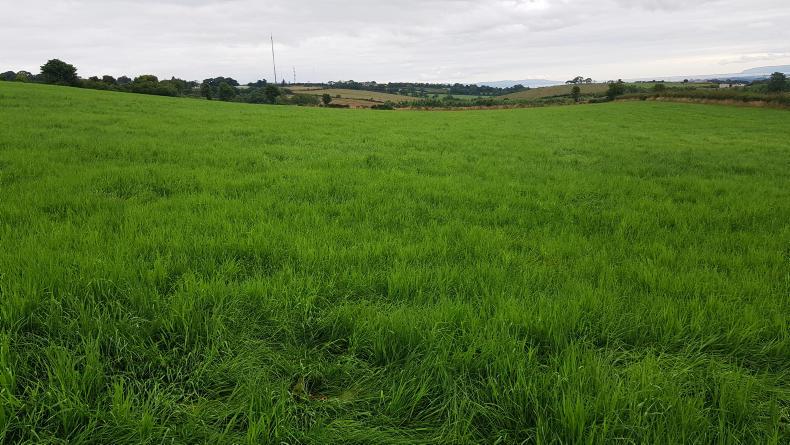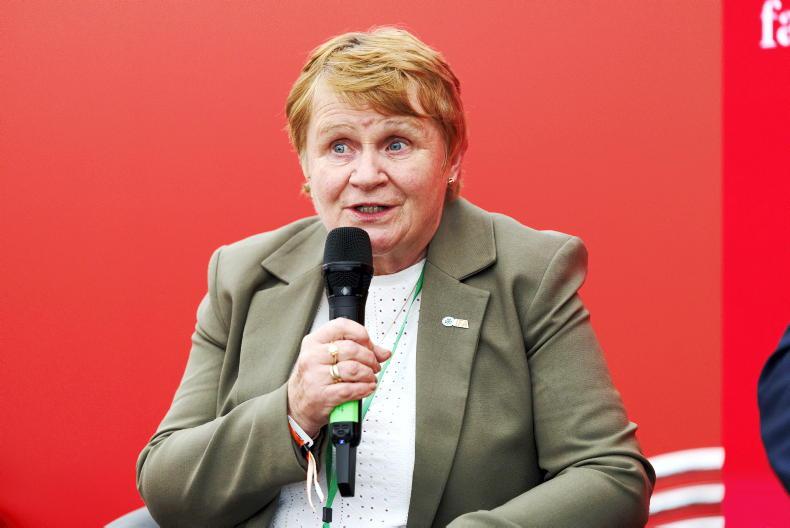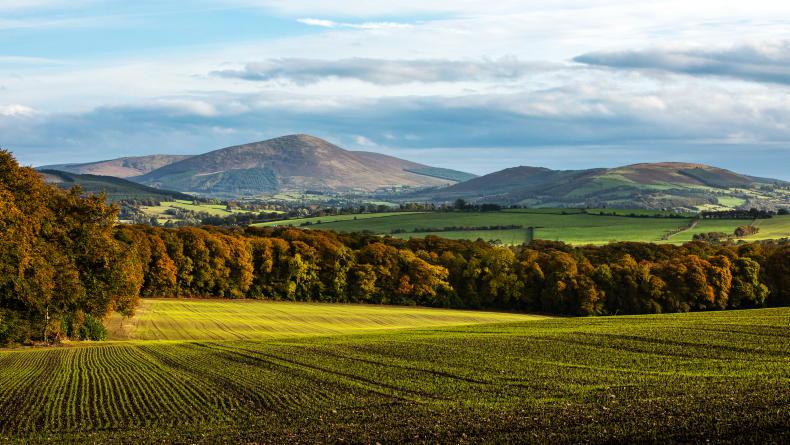The much-talked-about Irish backstop is a solution that will ensure that there is no hard border in Ireland after Brexit, but probably isn’t the best of both worlds some have described.
Under the plan put forward by the EU negotiating team, NI would remain in the EU customs union and in various parts of the EU single market after Brexit.
It would mean NI agri-food (unlike counterparts in Britain) retains unhindered access to EU markets and trade deals. Assurances have also been given that NI would have full and unfettered access to our most important market in Britain.
The main stumbling block highlighted by the DUP is the need for increased checks on imports from Britain to NI. That only really becomes an issue if the UK goes off and does trade deals beyond these shores, and accepts products not to EU standards.
The more divergence from the EU, the greater the level of checks required on goods coming into NI. For food retailers in particular, it would cause some disruption, but in reality, it is not insurmountable.
However, perhaps the biggest downside is that it would potentially leave farmers in NI locked into EU rules and regulations, but outside of the financial cushion that is provided by CAP payments.
So whatever way you look at it, the backstop proposal might be much better than a no-deal Brexit, but isn’t as good as what we have at present.
Despite all the political posturing, it still remains the case that the best Brexit outcome for the NI agri-food industry is for some form of close customs arrangement for goods between all of the UK and the EU. It would facilitate frictionless trade in all directions. The concern for Brexiteers is that it would limit the UK ability to do its own free trade deals and bring in cheap food from elsewhere. That would be no bad thing.
Read more
UK to conduct review of how farm funding is allocated
EU migrant labour down 26% in NI since Brexit vote
The much-talked-about Irish backstop is a solution that will ensure that there is no hard border in Ireland after Brexit, but probably isn’t the best of both worlds some have described.
Under the plan put forward by the EU negotiating team, NI would remain in the EU customs union and in various parts of the EU single market after Brexit.
It would mean NI agri-food (unlike counterparts in Britain) retains unhindered access to EU markets and trade deals. Assurances have also been given that NI would have full and unfettered access to our most important market in Britain.
The main stumbling block highlighted by the DUP is the need for increased checks on imports from Britain to NI. That only really becomes an issue if the UK goes off and does trade deals beyond these shores, and accepts products not to EU standards.
The more divergence from the EU, the greater the level of checks required on goods coming into NI. For food retailers in particular, it would cause some disruption, but in reality, it is not insurmountable.
However, perhaps the biggest downside is that it would potentially leave farmers in NI locked into EU rules and regulations, but outside of the financial cushion that is provided by CAP payments.
So whatever way you look at it, the backstop proposal might be much better than a no-deal Brexit, but isn’t as good as what we have at present.
Despite all the political posturing, it still remains the case that the best Brexit outcome for the NI agri-food industry is for some form of close customs arrangement for goods between all of the UK and the EU. It would facilitate frictionless trade in all directions. The concern for Brexiteers is that it would limit the UK ability to do its own free trade deals and bring in cheap food from elsewhere. That would be no bad thing.
Read more
UK to conduct review of how farm funding is allocated
EU migrant labour down 26% in NI since Brexit vote









SHARING OPTIONS